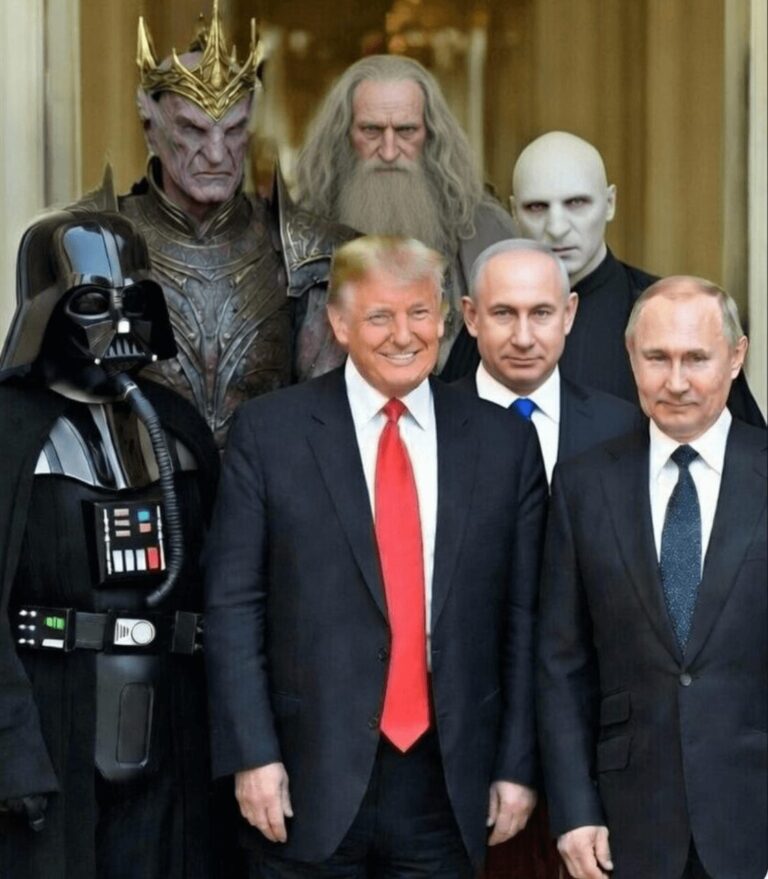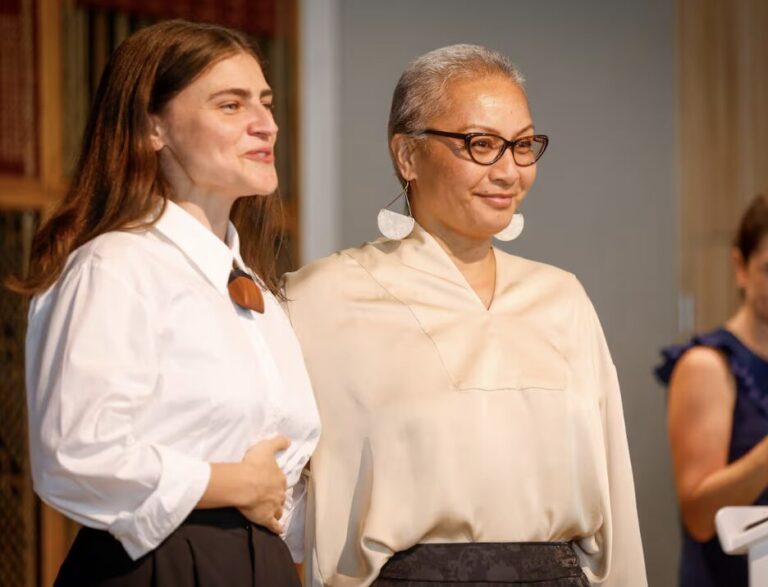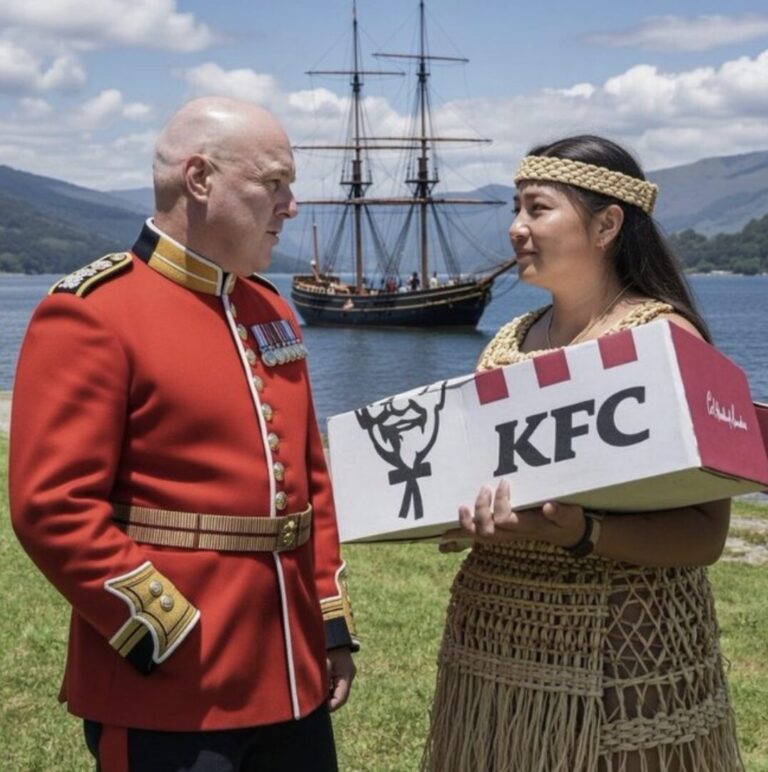MUST READ: Working alongside Māori to IMPROVE OUR DEMOCRACY!
Some people on the right have expressed serious concern about what they see as serious threats to our democracy from the government report He Puapua.
They have sometimes included worries about a serious backlash from Pākehā which will sink progressive politics. Potential for a backlash will always be there but that’s no reason to walk away from improving our democracy for Maori – and therefore for all of us. We have to fight and win that argument as it emerges.
Here in Christchurch the local “Star” giveaway newspaper has found a great deal of unease amongst mainly older, Pākehā male readers about the He Puapua report and other similar initiatives such as Māori wards on local councils, the proposed national Māori health agency and co-management proposals for water.
The paper printed a response from me to these concerns and here it is in essence.
The He Puapua report was commissioned by the government to see what policy changes would be needed to implement the United Nations Declaration on the Rights of Indigenous People which was signed by John Key’s National government in 2010.
People are right to criticise the government for not releasing the report before now. They have had it for two years and we only know the content because someone leaked it to National Party leader Judith Collins and she has, quite rightly, passed it on to the media so all of us can read it.
However, instead of the report being a threat to democracy, the proposed changes would improve our democracy. We should all welcome this.
Firstly we have to accept Māori have always been seriously under-represented in decision making at national and local level.
Our democracy developed from the first elections in 1853 when only landowners could vote. However, Māori landowners were excluded because they were much larger in number and would have easily outvoted Pākehā landowners. To prevent this Māori were excluded from voting on the grounds their land was communally owned rather than privately owned. It was a blatant gerrymander. It was racism at work.
Later in the late 1860s when pressure was building for everyone to have the vote the government decided to create four Māori seats in parliament, not to give better Māori representation but to keep Māori as a permanent minority who could never outvote Pākehā. When the seats were set up a Māori vote was worth about one quarter of a European vote and despite Māori complaints it took over 100 years before that number was increased. We’d all agree that wasn’t democracy. It was racism.
New Zealand has developed a much better democracy since then but Maori interests and Maori contributions have usually been overridden by the Pākehā majority. An 85% Pākehā vote can always overwhelm a 15% Māori vote.
This is sometimes called “dictatorship by the majority” because the minority can always be outvoted even on issues of how to provide services for Māori health and wellbeing for example.
This is one of the reasons the social statistics for Māori in housing, health, education, and employment are so bad. Our decision-making structures are not working.
In recent years we have begun moving towards some co-governorship arrangements such as in managing the Urewera National Park, the Whanganui river and some parts of the Department of Conservation estate along with initiatives such as Kura Kaupapa Māori schools, Kohanga Reo, Whanau Ora, papakainga housing etc.
These co-governorship arrangements of iwi alongside “tangata tiriti” (those of us whose ancestors came after the treaty was signed) has been successful. They won’t always go smoothly but with goodwill and respectful partnerships I think we are moving in the right direction.
These co-governance models improve our democracy – if they weakened it, I’d be the first to protest.
The proposal for Māori wards should be welcomed because it also improves our democracy. Rather than being left to chance, it ensures there will always be democratically elected Māori representatives in local decision-making.
I was pleased to read recently an opinion piece from Wellington Councillor Sean Rush who initially opposed a Māori ward on Wellington City Council but later was persuaded to change his mind by the strength of arguments in favour. He came to see our democracy as “a thin veneer hiding huge inequality, and is not working for chunks of our country. It is clearly not the “equality” envisaged by the chiefs and Hobson, on behalf of the Crown, at Waitangi”. He goes on to ask “Can we really say we are governing equally for all Wellingtonians, when one group is clearly so unequally represented in negative outcomes?”
He sums up his argument for a Māori ward like this:
“Some may see this support as a step towards supporting a separate state. It is not. Rather, specific Māori representation as we have agreed on council is an elegant, modern interpretation of kāwanatanga (governorship), which could be the circuit-breaker that brings unifying change for future generations”
I agree.
Councils are not being forced to have Māori wards but if a council establishes a Māori ward then it won’t be able to be overturned in a referendum. This puts it in the same category as other council decisions. Democracy is not undermined in any way because the councillors who make all council decisions still face elections as usual.
Last week a large group of people took to the streets in Fielding to oppose a council decision to delay discussion of a Māori ward for two years. A similar march took place in Napier. These people want guaranteed Māori representation in local government. Good on them. That’s democracy in action.
Health is an area crying out for a dedicated Māori health agency which would not own resources but could direct resources in the most efficient and effective way to address the needs of Māori in ways our health system doesn’t do at present. At the moment Māori take less from our health system than Pākehā simply because Māori die younger than the rest of us. We need to fix this and “by Māori for Māori” will be an important development to help put this right.
Similarly for co-governance models proposed for water management. Judith Collins claimed this meant Maori, who make up 15% of the population, would own 50% of the water infrastructure which has been paid for by ratepayers and taxpayers. This was an outrageous thing to say. It was untrue. It was scaremongering. Ngai Tahu representatives have called her out saying they have never wanted to own three waters (drinking water, wastewater, stormwater) infrastructure. Instead, Ngai Tahu representative Dr Te Maire Tau says they have been discussing a co-governance model with the government as a safeguard against any attempts by future governments to privatise water assets. (my emphasis) That’s good news to me.
Despite Labour’s failure to release the He Puapua report, it is wrong for National Party leader Judith Collins to whip up fears saying the government has a secret agenda for segregation or even apartheid as some people have described it. This is nasty, negative, dod-whistling politics.
He Puapua is not about apartheid or separatism. It’s about making our democracy work better for Māori and therefore better for the whole country.
The overall relationship between Māori and Pākehā has come a long way since I was growing up in Dunedin in the 1950s and 1960s and I’m delighted to see this important progress to improve our democracy is continuing.







It should be obvious that any Pakeha who accept the unhistorical and contrived doctrine of “tangata tiriti” (fortunately there are not that many of them) will be psychologically shackled to the colonialist regime for so long as the regime endures. No doubt that is an intended and carefully considered consequence of this egregious doctrine. However while the supporters of rangatiratanga will be saddened to see their Pakeha brethren debased in this way, they will not be in the least deterred from the task ahead of them.
John Minto and his colleague/adversary Chris Trotter both want to preserve the rule of British colonialism in New Zealand for so long as may be humanly possible. Their disagreement centres around how best to achieve that end – whether through Minto’s “Treaty partnership” policy or Trotter’s “Hobson’s Pledge” line – but neither argument will survive critical scrutiny, and neither will stand the test of time.
On http://www.republican.co.nz I have posted a comprehensive analysis of the meaning and political implications of Te Tiriti o Waitangi which exposes the fundamental flaws in the arguments being advanced by Chris Trotter, John Minto and other columnists on this blog. Any comment in reply should be under an authentic name, emailed to geoff.fischer@veri.co.nz, and will be published on http://www.republican.co.nz
How can you talk about democracy and “tangata tiriti” in the same breath?
If the right of native-born Pakeha to reside in their homeland of Aotearoa comes from the Treaty of Waitangi, then it comes through the British Crown, and if it comes from the Crown then it may be rescinded by the Crown.
The false dichotomy of tangata whenua and tangata tiriti is an abhorrent doctrine which, consistently with the basic tenets of the colonialism, sees the majority of our people as mere creatures of the colonialist state and devoid of natural or inherent rights.
And I do not believe for one moment that Maori can be emancipated through the same process that degrades their Pakeha brethren. After all this is the regime which not so very long ago seriously contemplated “a war of extermination” against the Maori people.
John, you of all people, should have no truck with colonialism and racism.
If you truly wanted a more democratic state, why would you not argue for a principle of representation that could apply to all regardless of race? Why not put a case for allowing every citizen to choose his or her own constituency? Why content yourself with putting lipstick on a pig?
I think that’s answered in so much intermarriage between the races….and their offspring. How those offspring want to interpret things is another thing entirely…
Thank you John for your article too many people dismiss the detrimental effects colonization can have on people cause unless you have truly walked in others shoes you do not know what it is like.
Two legs good…
…’Ngai Tahu representative Dr Te Maire Tau says they have been discussing a co-governance model with the government as a safeguard against any attempts by future governments to privatise water assets’…
Great stuff, – bring it on.